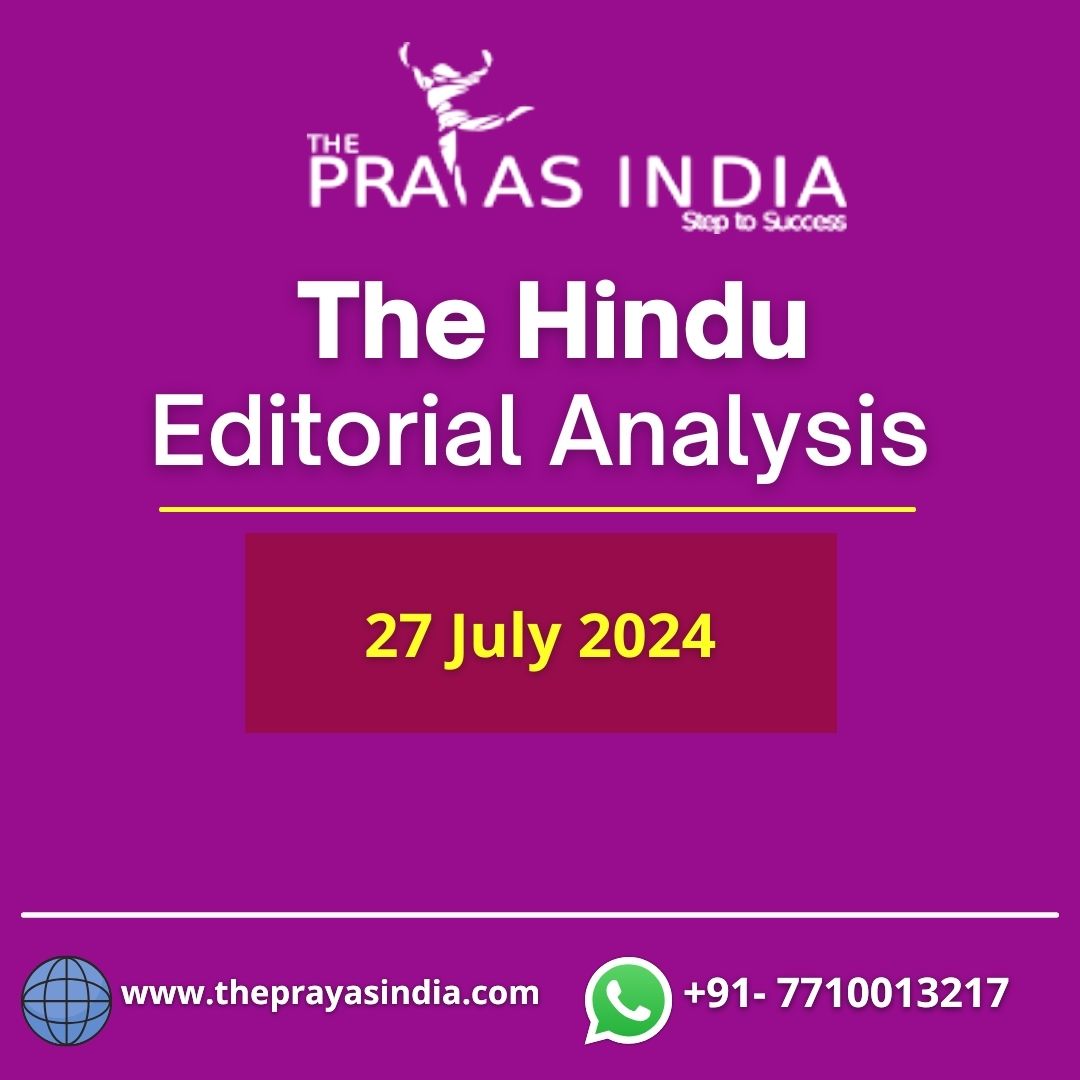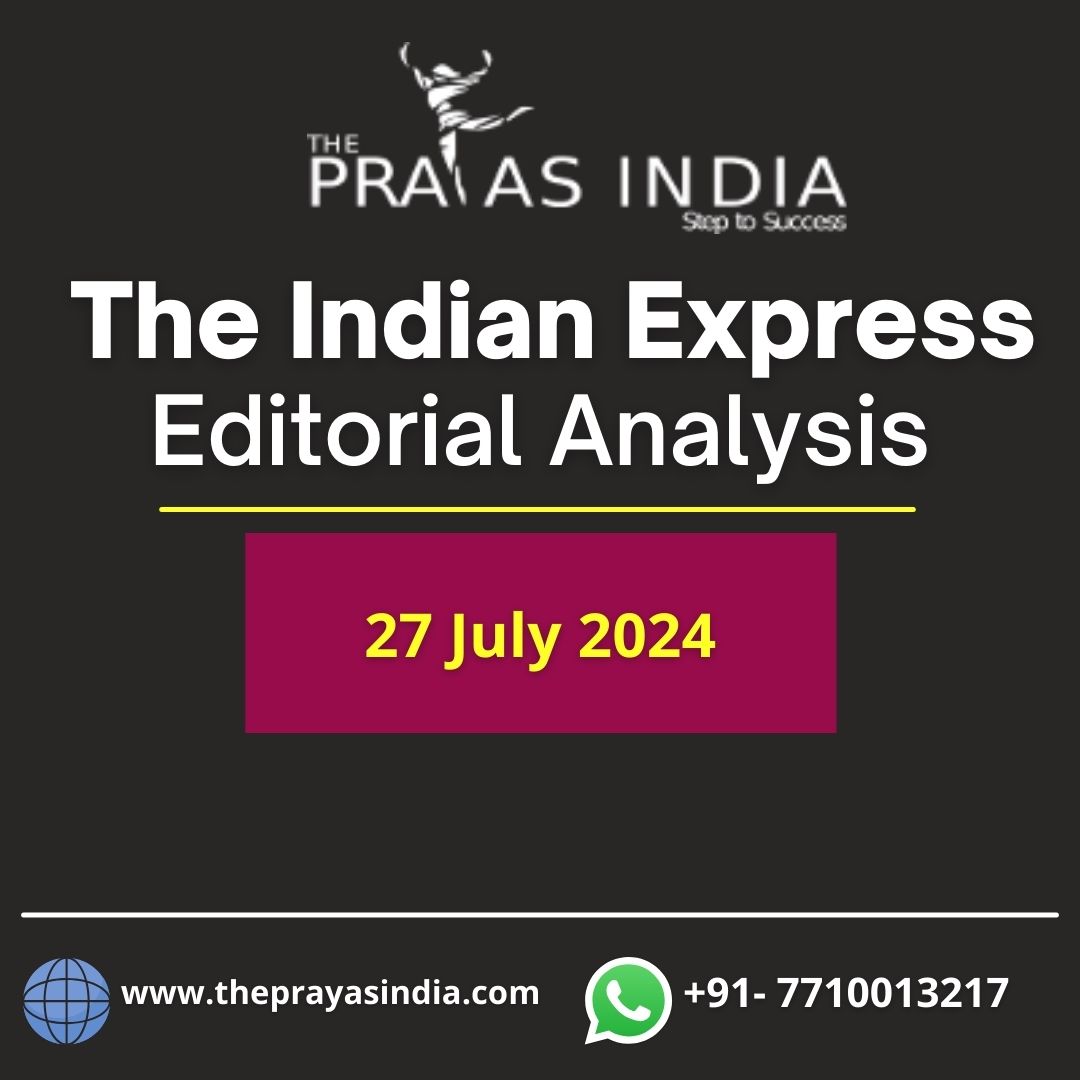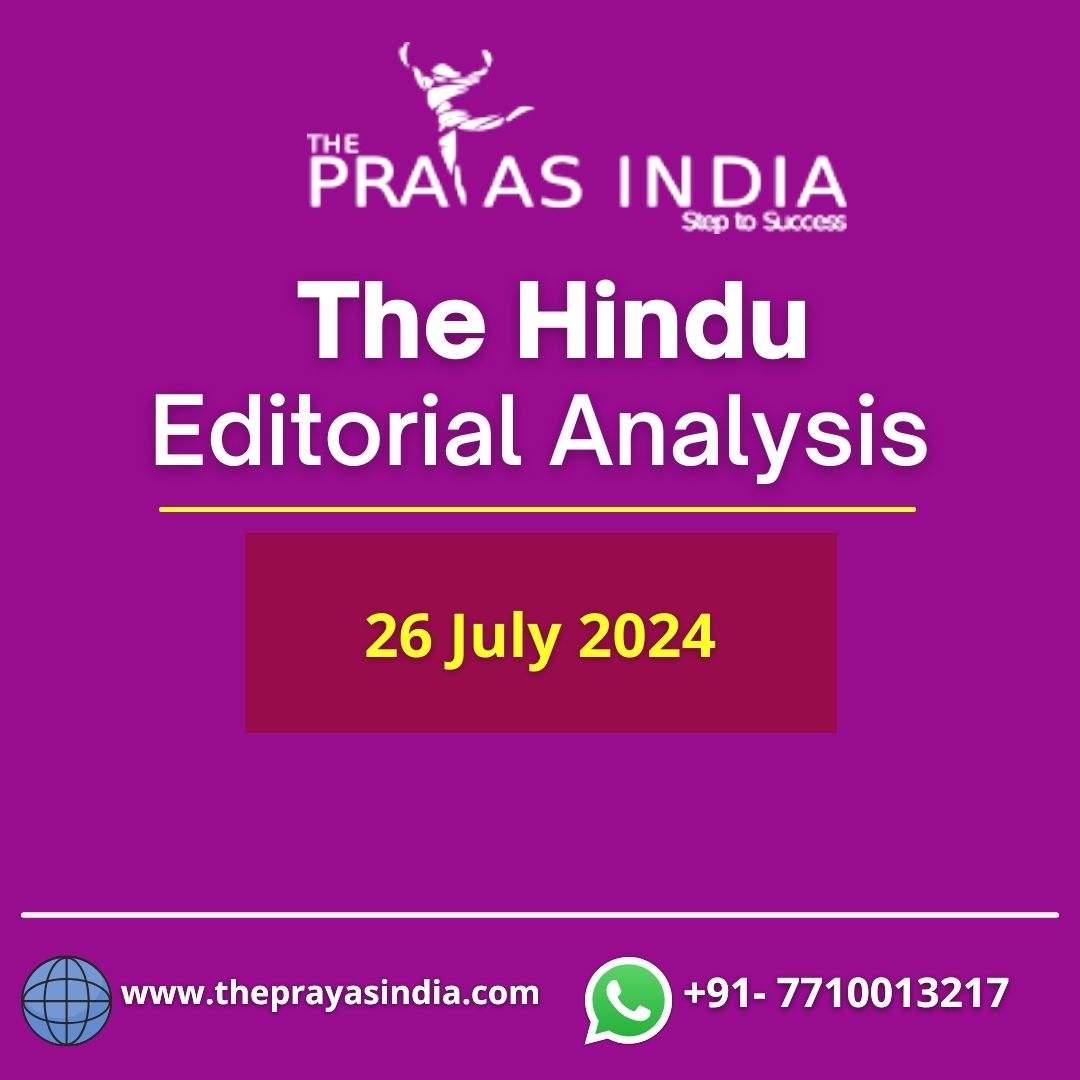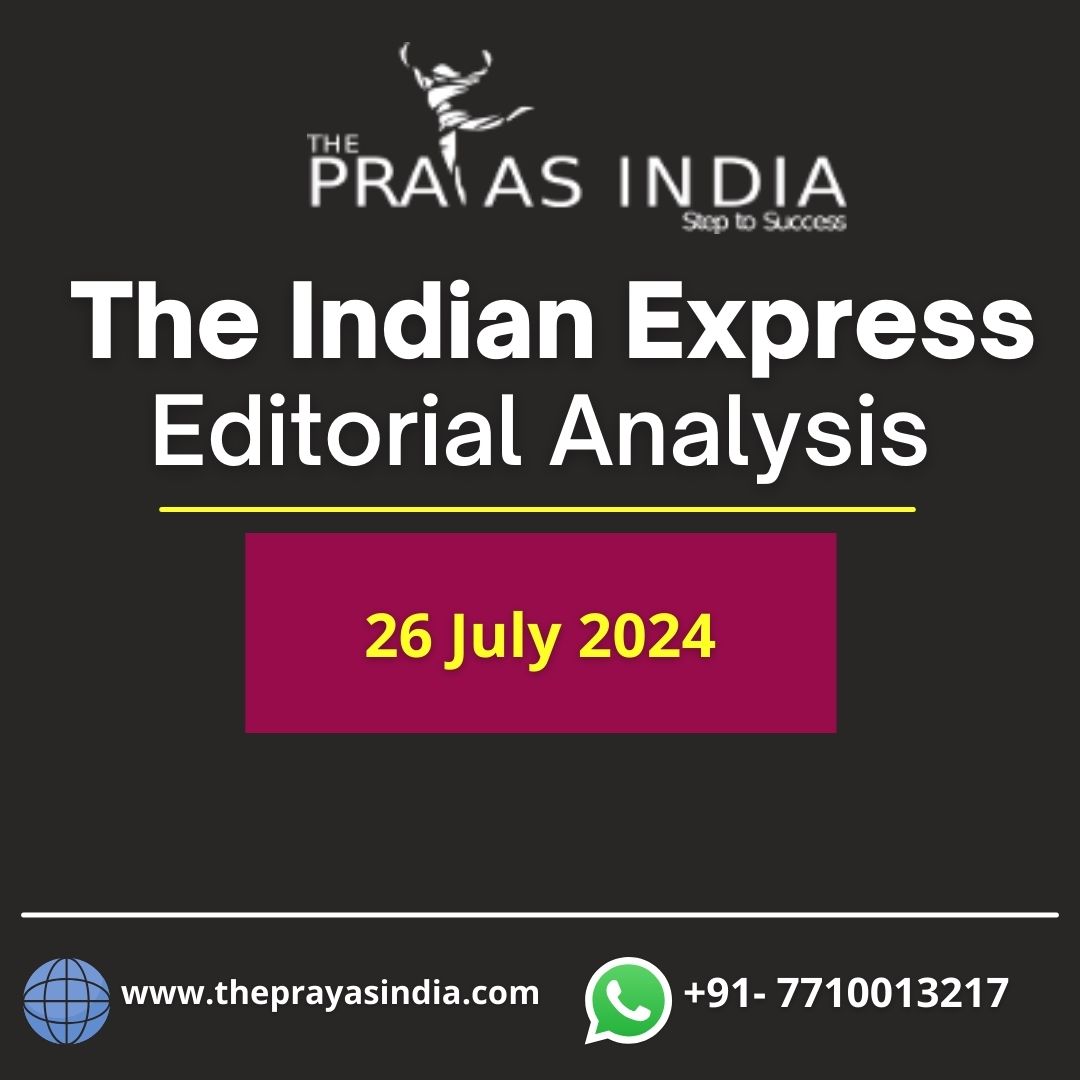Election related Anti-Corruption Laws in India
Introduction:
- The misuse of authority for personal benefit is what we refer to as corruption. Corruption worsens social division, poverty, inequality, and the environmental catastrophe while undermining democracy and economic growth.
- It is only possible to expose corruption and hold those responsible for it accountable if we comprehend the mechanisms that allow it to occur.
Prevention of Corruption Act, 1988:
- The Prevention of Corruption Act, 1988 (henceforth referred to as PCA) went into effect on September 9, 1988. Its objective was to strengthen and expand the provisions of anti-corruption statutes in order to boost their overall efficacy.
Characteristics of the act:
- It combines the Criminal Law Amendment Act, 1952, the Prevention of Corruption Act, 1947, and Sections 161 to 165-A of the Indian Penal Code, with only minimal changes to the original text.
- Terms like “public duty” and “public servant” are now part of the definition.
- It has shifted the burden of proof from the prosecution to the accused, as per the CrPC.
- The Act’s provisions make it abundantly evident that the inquiry must be carried out by an officer, not by someone with a level lower than that of Deputy Superintendent of Police.
- The Act covers bribery, misappropriation, obtaining an unfair financial advantage, possessing assets that are excessive for one’s income, and other corrupt actions.
Representation of the People Act (RPA), 1951:
Key characteristics:
- It regulates the actual procedures used for elections and by-elections.
- It provides the administrative instruments required for elections.
- It is related to registering for a political party.
- It lists the qualifications for House membership in addition to the disqualifications.
- It has safeguards against additional transgressions and unethical activity.
- It lays forth the procedure for settling disputes and queries after elections.




